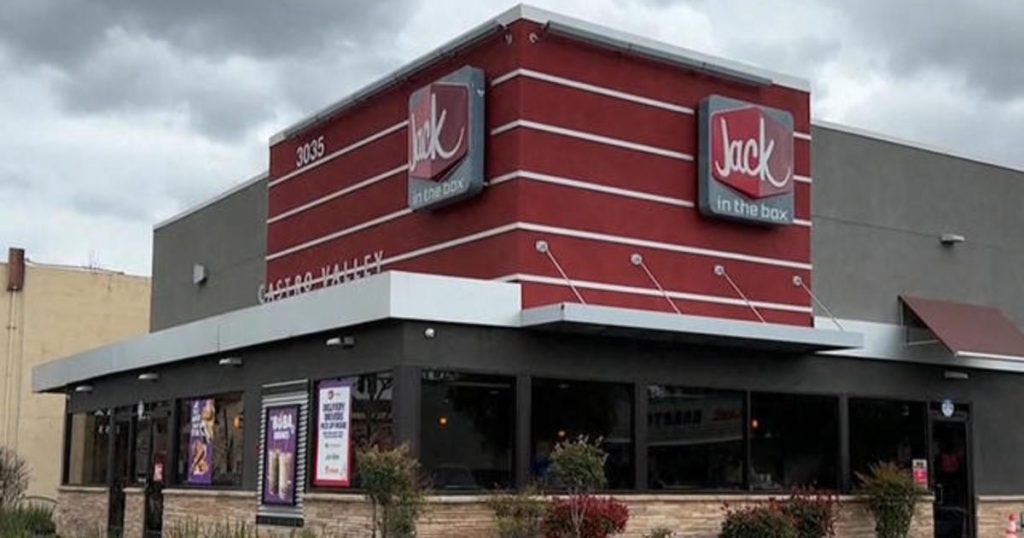Fast-food workers in California are now the highest paid in the country as a minimum wage increase to $20 per hour has taken effect. This wage hike applies to businesses with more than 30 locations nationwide, affecting fast-food chains such as McDonald’s, Burger King, and Taco Bell. The increase in wages was met with mixed reactions, with some workers celebrating the boost in pay while others expressed concerns about potential job loss and increased costs for consumers. Despite the controversy, California’s move to raise the minimum wage for fast-food workers reflects a larger trend towards addressing income inequality and improving working conditions in the state.
The $20 per hour minimum wage for fast-food workers in California is part of a larger effort by the state to address income inequality and create a more equitable economy. The wage increase is seen as a step towards providing workers with a living wage that allows them to support themselves and their families. Advocates for the wage hike argue that it will help lift workers out of poverty and provide them with greater financial stability. The increase in wages for fast-food workers reflects a growing recognition of the importance of fair wages and labor rights in ensuring economic security and social justice for workers.
While the $20 per hour minimum wage for fast-food workers in California has been celebrated by many, some detractors have raised concerns about the potential impact of the wage increase on businesses and consumers. Critics fear that the higher labor costs could lead to job losses and increased prices for consumers. Small business owners, in particular, may struggle to absorb the higher costs of paying their employees a $20 per hour minimum wage. Some critics argue that the wage increase could ultimately harm the very workers it is intended to help by reducing job opportunities and increasing the cost of living.
Despite the concerns raised by detractors, supporters of the $20 per hour minimum wage for fast-food workers in California believe that the benefits of the wage hike outweigh any potential drawbacks. They argue that paying workers a living wage not only provides them with financial security but also boosts productivity and improves overall economic conditions. By increasing the purchasing power of low-wage workers, the wage increase can stimulate consumer spending and drive economic growth. Advocates for the wage hike emphasize the importance of valuing and compensating workers fairly for their contributions to the economy.
The move to increase the minimum wage for fast-food workers in California reflects a broader shift towards addressing income inequality and improving working conditions across the country. In recent years, there has been a growing recognition of the need to raise the minimum wage to ensure that workers are able to earn a living wage. States and cities across the U.S. have implemented minimum wage increases to provide workers with greater financial stability and reduce poverty. The $20 per hour minimum wage for fast-food workers in California is one example of how policymakers are taking steps to address income inequality and support low-wage workers.
Overall, the $20 per hour minimum wage for fast-food workers in California represents a significant milestone in the fight for fair wages and labor rights. The wage increase reflects a commitment to addressing income inequality and providing workers with the means to support themselves and their families. While there are concerns about the potential impact of the wage hike on businesses and consumers, supporters argue that the benefits of paying workers a living wage outweigh any drawbacks. The move to raise the minimum wage for fast-food workers in California is part of a larger effort to improve working conditions and promote economic security for all workers in the state.















